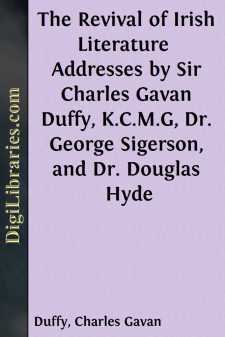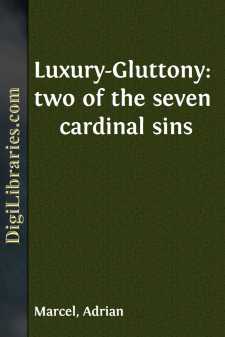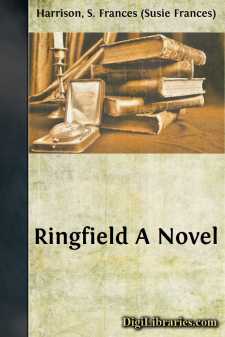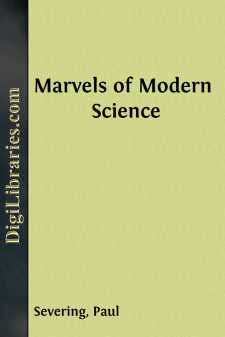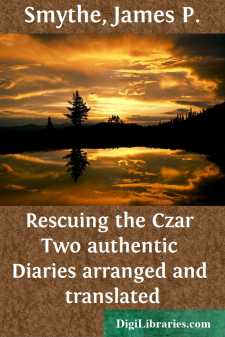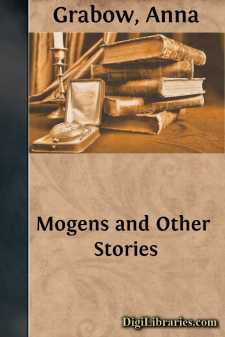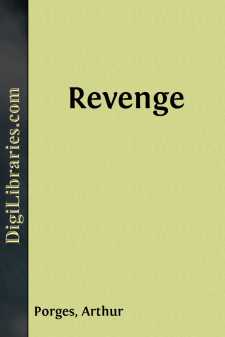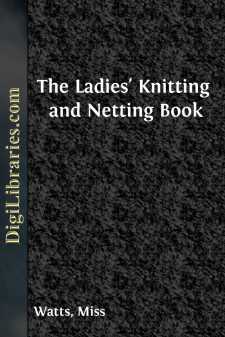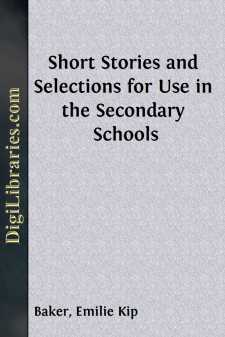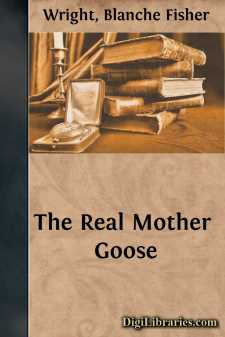Categories
- Antiques & Collectibles 13
- Architecture 36
- Art 48
- Bibles 22
- Biography & Autobiography 815
- Body, Mind & Spirit 144
- Business & Economics 28
- Children's Books 18
- Children's Fiction 14
- Computers 4
- Cooking 94
- Crafts & Hobbies 4
- Drama 346
- Education 58
- Family & Relationships 59
- Fiction 11835
- Games 19
- Gardening 17
- Health & Fitness 34
- History 1378
- House & Home 1
- Humor 147
- Juvenile Fiction 1873
- Juvenile Nonfiction 202
- Language Arts & Disciplines 89
- Law 16
- Literary Collections 686
- Literary Criticism 179
- Mathematics 13
- Medical 41
- Music 40
- Nature 180
- Non-Classifiable 1768
- Performing Arts 7
- Periodicals 1453
- Philosophy 65
- Photography 2
- Poetry 896
- Political Science 203
- Psychology 44
- Reference 154
- Religion 515
- Science 126
- Self-Help 85
- Social Science 83
- Sports & Recreation 34
- Study Aids 3
- Technology & Engineering 59
- Transportation 23
- Travel 463
- True Crime 29
Our website is made possible by displaying online advertisements to our visitors.
Please consider supporting us by disabling your ad blocker.
The Revival of Irish Literature Addresses by Sir Charles Gavan Duffy, K.C.M.G, Dr. George Sigerson, and Dr. Douglas Hyde
Description:
Excerpt
WHAT IRISHMEN MAY DO FOR IRISH LITERATURE.
Speaking to a Society of young Irishmen who love their country and burn to serve her, I am tempted to broach a subject which has long lain in my mind, waiting for the fit audience.
The famine of 1846 paralysed many forces in Ireland, and none more disastrously than our growing literature. How little has been done in the region of mind since that calamity, and by what isolated and spasmodic efforts? The era on which the famine fell was intellectually a singularly fruitful one. A group of young men, among the most generous and disinterested in our annals, were busy digging up the buried relics of our history, to enlighten the present by a knowledge of the past, setting up on their pedestals anew the overthrown statues of Irish worthies, assailing wrongs which under long impunity had become unquestioned and even venerable, and warming as with strong wine the heart of the people, by songs of valour and hope; and happily not standing isolated in their pious work, but encouraged and sustained by just such an army of students and sympathisers as I see here to-day. The famine swept away their labours; and their passionate attempts to arrest and redress the destruction which the famine inflicted, delivered them over to imprisonment and penal exile. Their incomplete work, produced amid the tumult and conflict of a great political struggle, has been a treasure to two generations of Irishmen; and it supplied the impulse of work which rivalled their own. The publisher of Petrie’s “Round Towers,” and John O’Donovan’s translation of “The Four Masters,” assured me that he could not have ventured to issue books so costly, but for the enthusiasm kindled in the public mind by the young nationalists, and Butt and Lefanu, who at that time were strict Conservatives, confessed that while writing “The Gap of Barnesmore” and “The Cock and Anchor,” they constantly thought how welcome such works would be to Young Irelanders. The patriot’s library has not been burthensome in latter times. But Moore’s melodies, Griffin’s and Banim’s novels, the histories of MacGeoghegan and Curry, and the writings of these young men have been a constant cordial to the sorely-tried spirit of our people. Since their day, individual writers have done useful work from the unquenchable desire God has planted in men’s heart to serve their own race, but there has been no organised attempt to raise the mind of the country to higher and more generous ideals of life and duty, or to quicken its interest in things which it behoves us to know. No nation can with impunity neglect the mind of the growing generation, the generation which after a little time will guide its counsels and guard its interests. The thought which has long haunted my reveries, and which I desire to speak out to-day, is this—that the young men of your generation might and should take up anew the unfinished work of their predecessors, and carry it another stage towards the end which they aimed to reach....


